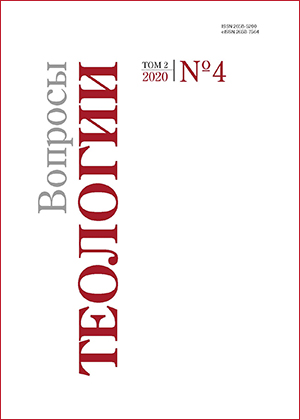The process of Islamization of modern Turkish society in modern Turkish literature (on the example of Orhan Pamuk’s works)
DOI:
https://doi.org/10.21638/spbu28.2020.403Abstract
The article is an analysis of the work of the Turkish Nobel Laureate in Literature for 2006, Orhan Pamuk, in the context of the development of modern Turkish society. In recent decades, a process of moderate Islamization has been observed in Turkey, and if until the end of the 1990s the country aspired to Europe, the European community, and officially turned mainly to European values, now there is a reverse movement. European values to a certain extent dominated Turkish literature of the 20th century: various types of freedoms, equality and women’s rights, the secularization of society — the main themes of the leading Turkish novels of the 20th century. It is surprising that the current processes are rather poorly reflected in modern literature. Orhan Pamuk, one of the youngest Nobel laureates and the most famous Turkish writer of the 20th–21st centuries, is a liberal and supporter of Eurocentrism. At the beginning of his career, he played the role of the continuer of the work of a whole galaxy of Turkish authors, whose gaze, despite the difference in political convictions, was focused only on the West and its culture. However, now the diachronic analysis of all his novels shows a reflection of the current serious social changes. In recent novels, Orhan Pamuk, following Turkish society, demonstrates the inclination of his protagonists towards traditional Muslim values. It is obvious that what is happening is a general phenomenon, an example of a deep tendency in the Middle East Muslim culture in general.
Keywords:
Turkish literature, Ottoman literature, Islam, Christianity, Orhan Pamuk, Sheikh Ghalib, history of Turkish literature
Downloads
References
References
Downloads
Published
Issue
Section
License
Articles of "Issues of Theology" are open access distributed under the terms of the License Agreement with Saint Petersburg State University, which permits to the authors unrestricted distribution and self-archiving free of charge.




